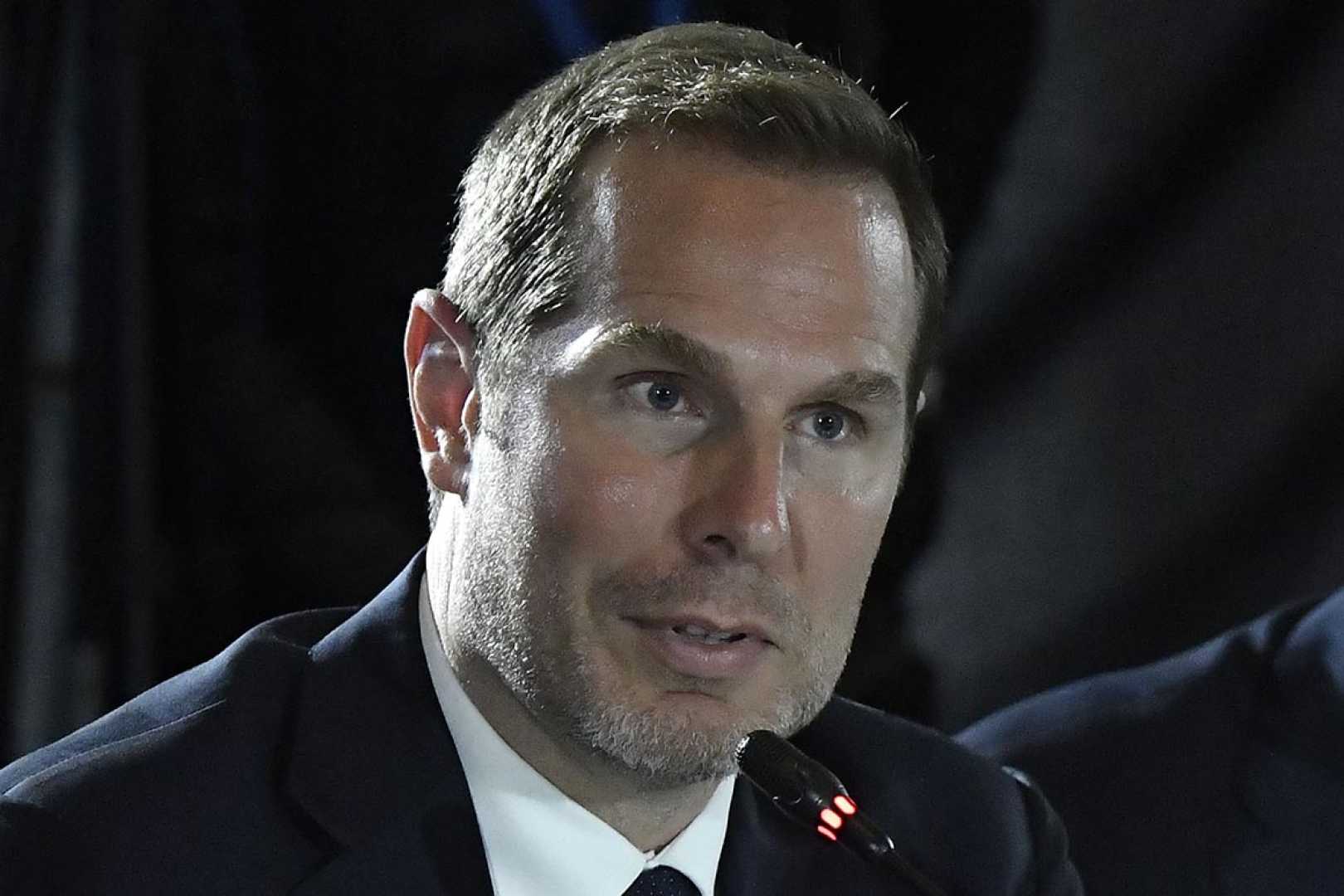Politics
Pete Marocco Exits State Department After Major Cuts to USAID

WASHINGTON, D.C. — Pete Marocco, a key figure in the Trump administration’s overhaul of the U.S. Agency for International Development (USAID), has left the State Department, a U.S. official confirmed on Sunday. His departure comes amid a significant reduction in staff and funding at the agency, as part of a broader initiative led by billionaire Elon Musk‘s newly formed Department of Government Efficiency.
The Trump administration has made drastic cuts to foreign assistance programs, which officials label an effort to eliminate what they describe as wasteful spending. Marocco was entrusted with the mission to evaluate all foreign aid expenditures, which culminated in the uncovering of alleged misconduct related to taxpayer funding, according to a senior administration official who spoke on condition of anonymity.
“Pete was brought to State with a big mission — to conduct an exhaustive review of every dollar spent on foreign assistance. He conducted that historic task and exposed egregious abuses of taxpayer dollars,” the official said. “We all expect big things are in store for Pete on his next mission.”
Though sources have indicated Marocco may have been pushed out of his role as the director of foreign assistance, the specific reasons remain unclear. Just days before his exit, Marocco hosted a “listening session” at the State Department with experts to solicit feedback on the future of foreign aid.
In an internal email, Marocco previously stated, “I am going to return to my post as the Director of Foreign Assistance to bring value back to the American people,” suggesting a commitment to reshaping the agency’s priorities. However, his term has faced backlash from political opponents.
Democratic Senator Brian Schatz of Hawaii criticized Marocco’s impact on USAID, stating, “Marocco’s tenure brought chaos to USAID, reckless and unlawful policy to the State Department, and dismantled long-standing U.S. foreign policy.” Schatz added that Marocco’s actions deprived millions of people of vital aid and could undermine U.S. credibility with international partners.
The shifting landscape of U.S. foreign aid has seen rapid reversals in policy. President Trump recently reinstated at least six previously canceled emergency food assistance programs, reflecting a back-and-forth approach to foreign aid initiatives that has disrupted humanitarian operations worldwide.
Marocco’s exit raises questions about who will fill the leadership void and how it might affect ongoing and future foreign assistance efforts. The tumultuous changes in the agency’s direction reflect broader themes in the current administration’s approach to international relations and aid distribution.












